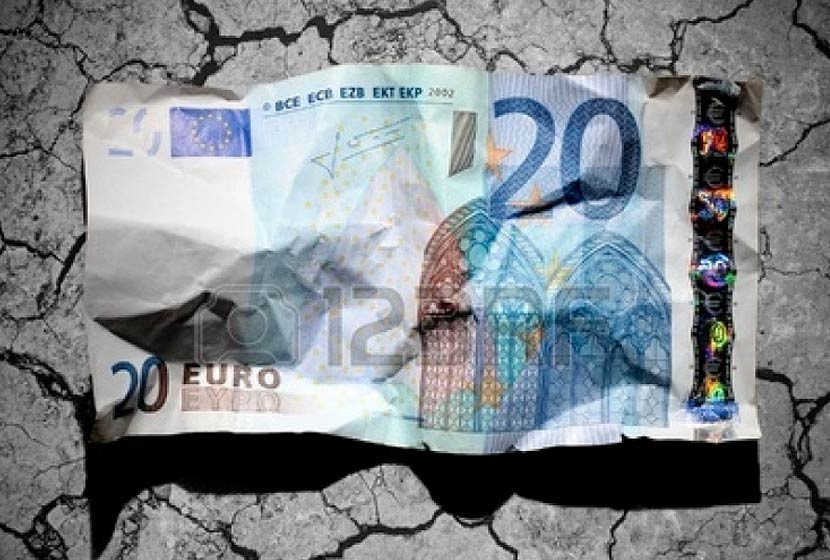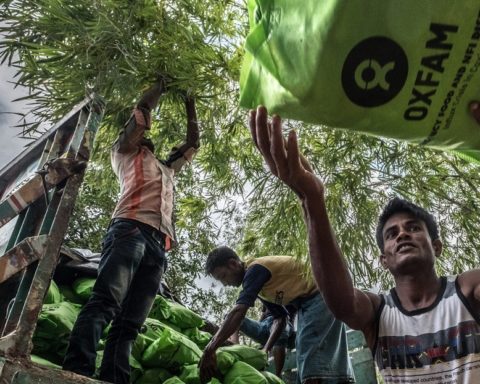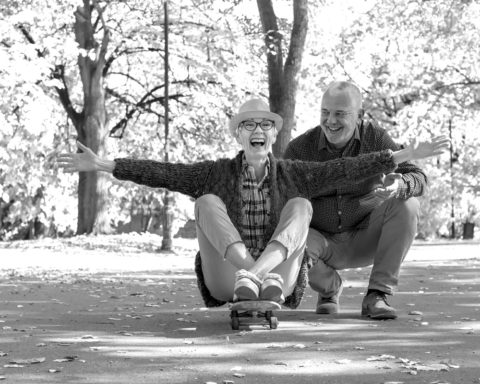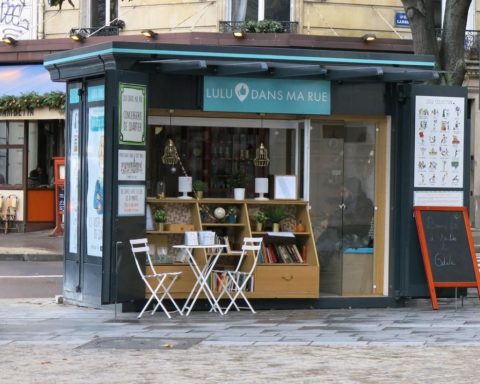 In the face of a lasting crisis, an economy of survival develops: it is necessary to spend less and generate additional income. How can this be done? By sharing everything you can: your car, your house, your tools, your garden, your time, your skills,...
In the face of a lasting crisis, an economy of survival develops: it is necessary to spend less and generate additional income. How can this be done? By sharing everything you can: your car, your house, your tools, your garden, your time, your skills,...
On the occasion of the last meeting of Digital Issues last February at the Lyrical Cheerfulnessthe Fing has published an issues book, a tool for strategic thinking, which addresses the time of breakthroughs, at the intersection of technical innovations, economic changes and social transformations. A unique creative foresight tool that UP' offers you to tackle.
The Internet plays its role as a support, but collaborative consumer services, which were aimed at a target of "sores", are caught short. Sharing is above all local, which facilitates and limits it at the same time.
The territories are the first to mobilise to support this movement. Alone or in the company of major players in the local economy, they organize local exchange systems based on dedicated currencies; they increase the number of workplaces and other shared facilities; they organize "markets" for shared rentals, car-sharing, mutual aid, group purchases, etc. They help local businesses to pool their resources (logistics, accounting, etc.) or to develop new activities: the local sales depot also becomes an intermediary through which residents buy and sell on sites such as eBay or LeBonCoin.com.
For businesses, too, owning becomes expensive and complex. After having outsourced and given up everything they could, some also see the opportunity to reorganize the market to their benefit: sell services rather than objects, rent, sell in co-ownership, organize the sharing of their products... As a result, industrial companies have an interest in producing durable objects, easy to repair, in simplified ranges.
Politicians are taking over. Fiscal and regulatory incentives encourage the design of spaces, products and services in a form that maximises the rate of use through sharing and pooling. Taxation of assets increases considerably for all non-shared assets, as does taxation of financial income.
Little by little, "de-possession" becomes something other than a constraint, a field of innovation.
 A positive imaginary of sharing is emerging, stemming from the theorists of degrowth - some of whom denounce a commercial recuperation of their theses: "less goods, more goods (and a reduced ecological impact)! "Possession, heritage, cease to be positive values: in search of lightness and agility in a hard world, the youngest people even see them as a burden, a hindrance to mobility. (Zweig said it already in 1944 !)
A positive imaginary of sharing is emerging, stemming from the theorists of degrowth - some of whom denounce a commercial recuperation of their theses: "less goods, more goods (and a reduced ecological impact)! "Possession, heritage, cease to be positive values: in search of lightness and agility in a hard world, the youngest people even see them as a burden, a hindrance to mobility. (Zweig said it already in 1944 !)
On the other hand, this transformation, which affects both production and consumption, has a paradoxical economic effect: by making it possible to satisfy many needs at a lower cost, it mechanically reduces GDP. We really need to measure wealth differently!
The main driving trends
- The economic and ecological crisis that is also becoming social and political
- Social networks that help transform constraint (and rage against the "system") into positive energy, focused on finding both personal and collective solutions.
Warning signs
- The development of different forms of "collaborative consumption": grouped purchases, sharing of resources and capacities, "consumer to consumer" (donation, barter, rental, resale of goods, etc.).
- The economy of "functionality": charging for a service (transport, heating, education, culture, care, etc.) or the use of a good rather than the good itself.
- The multiplication of shared spaces, from coworking spaces to Fab Labs to shared gardens.
- The extension of "hybrid" forms of employment: multi-employers, auto-entrepreneurs, wage portage,...
Reasons to doubt
- Historically, the response to major crises does not emerge from the ways in which people organize themselves to survive, but more generally from political shocks: the New Deal, War... In the face of economic hardship, revolt or withdrawal appears at least as likely as solidarity and resilience.
- The development of collaborative forms of consumption and production can also have two other results: either the destruction of established economic models, without new models being able to take over; or the monopolization by large intermediaries, new or established.
Signals to be monitored
- The emergence and extension of collaborative production and consumption practices at the local level, particularly in the areas and populations most affected by the crisis.
- The development of alternative currencies
- The intervention of local or national institutions to promote and organize collaborative forms.
Who announces such a breakup?
– Jeremy Rifkin, from "L'âge de l'accès" (Editions La Découverte 2000) to "Une nouvelle conscience pour un monde en crise. Vers une civilisation de l'empathie (Edition Les liens qui libèrent 2011).
– Rachel Botsman and Roo RogersWhat's Mine is Yours: The Rise of Collaborative Consumption (Harper Business Edition 2010).
– Lisa Gansky "The Mesh: why the future of business is sharing' (Portfolio Edition 2010)
– Yann Moulier-Boutang "L'abeille et l'économiste" (Edition Carnets Nord 2010)
 Who's involved?
Who's involved?
First, individuals who are rapidly moving from a survival economy to an "alternative economy". Second, public (mainly local) actors who choose to accompany the movement by putting in place the necessary conditions and infrastructure. Then the entrepreneurs (commercial or social) supported by digital tools, who propose operational solutions, organize mediation, invent business models, ... Finally, the large companies, which are gradually changing their production and distribution models, their ranges, their relations with consumers and with local innovation ecosystems.
What should be done to make this scenario credible and desirable?
First, to affirm principles: no coercion, no guilt! Then create a positive image of sharing and non-possession: lightness, economy, resilience, connection,...
Do not set the models against each other, but make them work together: ensure mutual readability and interoperability of classic commercial, collaborative, social, public economic models...
Infrastructure for sharing, collaboration and the "access economy" would be needed: to facilitate innovation, use and scaling up at the same time:
- Trusted third parties and risk pooling
- Platforms of matching between offers and requests, tracing of availability and exchanges, evaluation, compensation,...
- Shared and flexible places to work, store, exchange, co-design and co-produce, ...
- Interfaces for representation, aggregation, interaction,...
- Shared technical resources: data, applications, machines, tools, logistics,...
There should be a multi-level federation of local "social networks" and exchange mechanisms, which implies considering interoperability as a priority.
there should be the emergence, spontaneous or assisted, of mediators and providers at the end of the chain:
- Local sales depots, intermediaries between microlocal exchange and platforms such as eBay, PriceMinister, or LeBonCoin
- " Objethèques "
- Coaching, training, assistance, sharing of skills,...
Finally, there should be deliberate intervention by public actors:
- To make sharing and collaboration infrastructures emerge and become sustainable
- To encourage (in a regulatory, fiscal, pricing way,...) sharing and mutualisation
- To regulate trade and avoid the creation of new monopolies.
One final question remains: is this scenario desirable?
(Source : The fing / Daniel Kaplan)
{Jacuzzi on}











